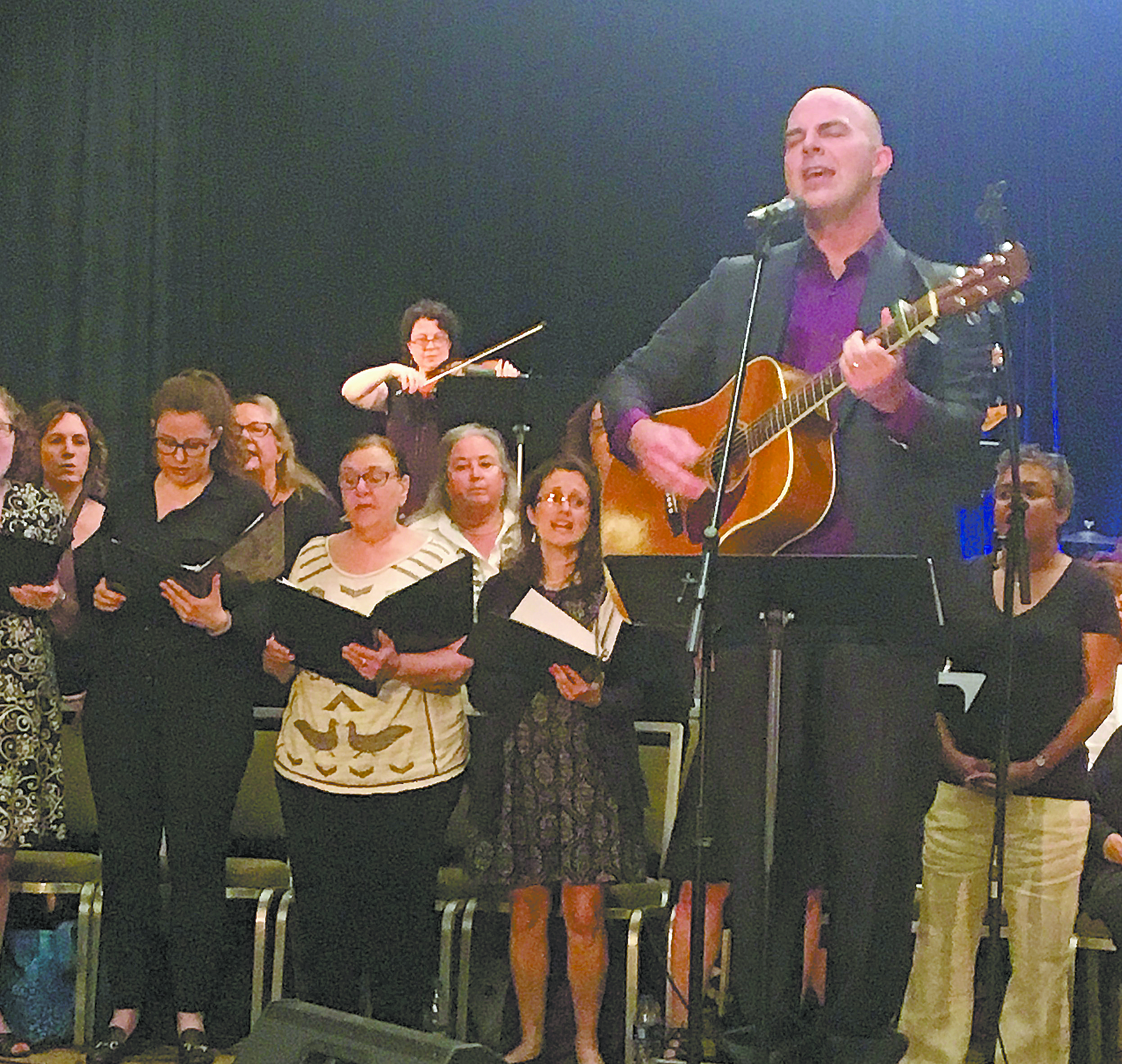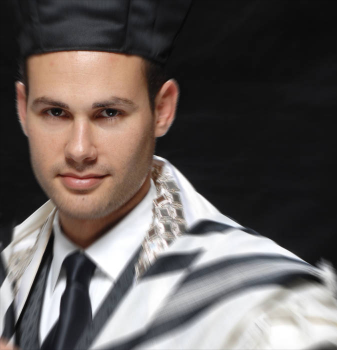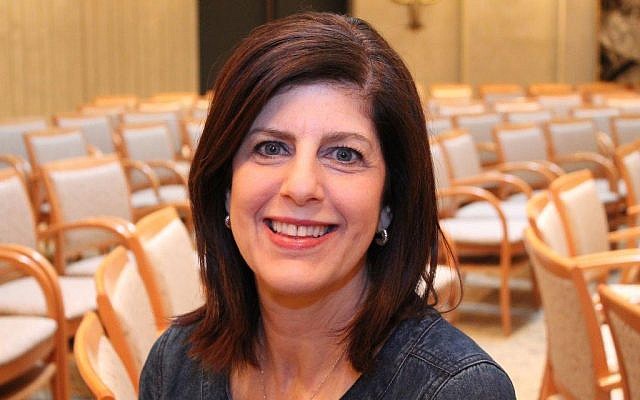Cantors Sing A Different Tune These Days
When the American Conference of Cantors held its annual convention in Atlanta this week, its participants had more than just the latest Shabbat melodies on their minds.
When the American Conference of Cantors held its annual convention in Atlanta this week, its participants had more than just the latest Shabbat melodies on their minds. The theme of the convention that brings together cantors and congregational musicians from the Reform movement was social justice.
During the week, attendees explored the National Center for Civil and Human Rights to examine the history of the civil rights movement,

and heard Dr. Gregory Ellison from Emory’s Candler School of Theology discuss how to have “fearless dialogues” about race and religion in American life.
They also sang along in an opening night concert that featured the combined choirs of The Temple, Congregation Bet Haverim and the Ebenezer Baptist Church in a tribute to the diverse traditions of social protest music.
Finally, they heard from the head of the Reform movement’s influential Religious Action Center in Washington, Rabbi Jonah Dov Pesner, about how to continue the work of social activism when they return to their congregations.
While the theme of the convention was, partially, an acknowledgment of the historic role that Atlanta has played in America’s civil rights movement, it also served to underscore the increasingly important role that cantors are playing in many aspects of Jewish life, particularly in the Reform movement.

According to Rachel Roth, the executive director of the American Conference of Cantors, cantors today are far more than just a pleasant voice from the bimah.
“Cantors are full clergy partners in their congregations. They’ve really expanded their role into all areas of the congregation.”
Cantor Deborah Hartman, who has worked at The Temple in Atlanta for 33 years and was one of the chairs of the Atlanta convention, has had an opportunity to observe the changes in her own congregation.
“I am busy all week long. We have our musical responsibilities, but we also frequently speak to congregants and counsel them. It’s a very full-time job for every cantor.”
But it is not just the role of the cantor that has changed in recent years. The music and the way it is performed has undergone a dramatic transformation.
“Years ago there was less participation, but today people want to take responsibility for their worship. One way they do that is to join in with more singing” Hartman said. “Everything is about how people join in with the music.”
Cantor Hartman’s longtime accompanist, Judy Cole, a convention co-chair who also teaches music at Kennesaw State University, has developed an appreciation of how the roles of the cantor and the rabbi have changed in the worship setting.
“Clergy generally want to be closer to their congregations and the congregations are looking for participation as much as they are looking to appreciate more traditional music.”
There was not much traditional music to be heard during the public concert June 25, which is a highlight of each year’s convention.
There was the “Kedushah” from Ernest Bloch’s Sacred Service and a few show pieces from the cantorial repertoire, but most of the evening’s performance was from Broadway musicals such as “Ragtime,” “1776” and Stephen Sondheim’s “Into The Woods,” among other music and popular songs.
The concert was as much a strong nod to the direction that cantorial melodies have taken in a liberal setting as it was an impressive display of contemporary cantorial skills.

“We all try to do a balance of all types of music in our worship,” according to Cantor Hartman, “but, especially, we try to meet where our congregants are. We give our congregants music that is accessible to them, that speaks to them from our time. Judaism is changing and moving forward, so you can’t be stagnant as a cantor.”
According to Cole, keeping up with the cantors is not always easy.
“People come with the expectation that they will find some wonderful new music that they’ve never heard before or an old nugget that has been presented quite differently. That’s a huge part of this convention – to become reinvigorated and get new ideas.”
So, if you are a regular at Reform Shabbat services or thinking of having a look at what’s new at your temple’s worship services, the next several weeks might be a good time to stop by. Your cantor may have brought a new nugget or even better, a new gem, from this week’s musical party in Atlanta.




comments